Home » Kratom in Indiana
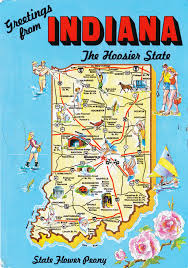
Kratom in Indiana
- Anthony Dent, Founding Member
- 2 Comments
When it comes to understanding prohibition, one has to wonder.
Why?
What made a particular region or country decide a substance was illegal?
America’s most celebrated drug, alcohol, was banned early in the 20th century due to an upswell of superficial morality. It allowed the nation to feel superior to its worst impulses. And it didn’t last long.
Indiana seems a state long for the past, however. Still holding onto vestiges of some moral high ground, the Hoosier state doesn’t care who you are; you need guidance as to what you can and can’t put in your body.
The hell is a Hoosier, anyways? One of many theories states that Indiana rivermen were so viscous that they were known as “Hushers”, as in they would hush you up; this morphed into a Hooiser.
Thankfully, despite the archaic and austere drug laws that have always pervaded Indiana, the Hoosiers won’t be hushed.
Kratom is illegal in Indiana, but hope springs eternal.
Origins of the Indiana Kratom ban
Researchers at Indiana University note that kratom has various utilities. They call back to one of kratom’s historical uses, which was to aid Southeast Asian farmers in their long days in the field by imbibing them with energy and enthusiasm for their work. Thus, as Indiana heard that this innocuous substance imparted some benefit, they rushed to banish it.
Kratom is considered a schedule 1 substance is Indiana; a hilarious, yet tragically misguided label which puts it next to heroin and cocaine. This is akin to comparing fire with grass.
Oh, forget about that too. Because Indiana has some of the harshest cannabis laws in the nation, too. They resist all overtures of medicinal cannabis, despite most of their neighbors softening their stance. Anyone driving through the Midwest should be wary of their path through Indiana, as Hoosier law enforcement won’t care if you’ve come from a state where you’re medicinally licensed. They’ll slap you with a felony for possession of a miniscule amount of cannabis.
We wonder what happened to Indiana that they are so sensitive to natural products. But as is usually the case, no logical explanation exists. It took until 2018 for the state to even permit alcohol to be sold on Sundays. The arbitrary nature of legality between days, and between a few miles that delineate state lines, is fascinating. It’s also damning.
Indiana listed kratom as a hallucinogenic substance in 2014. But the legislators who came up with that designation are the only ones hallucinating. Millions of kratom users across the nation repeat a similar refrain; “Kratom has saved my life.” The science is even catching up. And the FDA, though still eager to ban kratom as it threatens their cash cow of opiates, was thwarted back in 2016 when they tried to ban kratom.
Now for Indiana.
Overturning the Ban
The American Kratom Association has been hard at work. Leading the charge since their rousing 2016 victory saw kratom legality preserved nationally, the AKA now targets individual states. The Kratom Consumer Protection Act is being deployed across the nation to ensure that states have a framework with which to regulate and manage the kratom market. This ensures that kratom users have access to safe kratom, while also preventing legislative bodies from jumping off a deep end from conjecture and banning the drug without facts. It also looks to overturn bans.
Numerous organizations are at work to overturn the ban. 2018 saw an effort from the Kratom Trade Association, but their commerce based approach paid no dividends. But the AKA has seen stiff internal resistance. Of the six states where kratom is banned, Indiana is making the most fuss. That the AKA is not currently targeting Indiana with the KCPA means they are still trying to garner support. Despite effective presentations that collect bipartisan support, that the AKA still does not feel confident enough to present the KCPA suggests that Indiana simply has not yet figured it out.
It’s sad, yes. But this is the state that won’t even consider tolerating CBD oil, one of the most innocuous herbal substances on the market. Unfortunately, don’t expect kratom to be legalized in Indiana anytime in 2020.
How to help
The AKA can always use donations. While many of us meet advocacy groups with skepticism, the effectiveness of the AKA cannot be argued; they stared down the FDA and DEA in 2016, and have since seen the KCPA spread nationally, even overturning bans in numerous states. They are doing the Lord’s work.
As for any glum Hoosiers reading this? Know this; in every state the AKA makes their push, they use testimony from members of the kratom community. As kratom has done incredible things for individuals – getting them off heroin, helping manage chronic pain, etc… – the testimonies have had a significant impact in many states. Such public comment allowed for bipartisan support in congress and the senate, which is hard to do. Prompted by average citizens sharing their stories, some 60+ legislative members from both houses voiced support.
I strongly encourage you to follow your state law. Indiana will ruin your life if they catch you with anything stronger than coffee. But if the chance arises to share your story with lawmakers, then do so. Your voice matters.
Peace and Love,
And for those of you in Indiana, Godspeed.
Featured Products
-
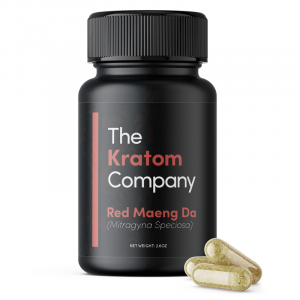 From $24.00Select options This product has multiple variants. The options may be chosen on the product page
From $24.00Select options This product has multiple variants. The options may be chosen on the product page -
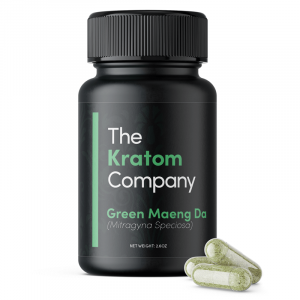 From $24.00Select options This product has multiple variants. The options may be chosen on the product page
From $24.00Select options This product has multiple variants. The options may be chosen on the product page -
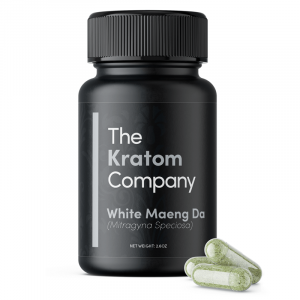 From $24.00Select options This product has multiple variants. The options may be chosen on the product page
From $24.00Select options This product has multiple variants. The options may be chosen on the product page
Explore More Posts
Product Search
Featured Products
-
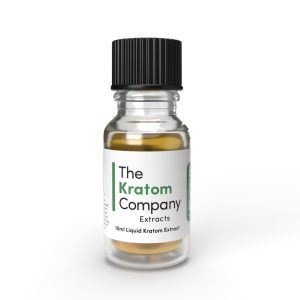 Pure Kratom Liquid Extract
Rated 4.72 out of 5From $20.00
Pure Kratom Liquid Extract
Rated 4.72 out of 5From $20.00 -
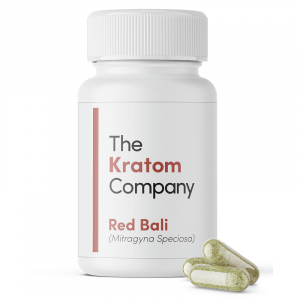 Red Vein Bali Kratom Capsules
Rated 4.70 out of 5From $24.00
Red Vein Bali Kratom Capsules
Rated 4.70 out of 5From $24.00 -
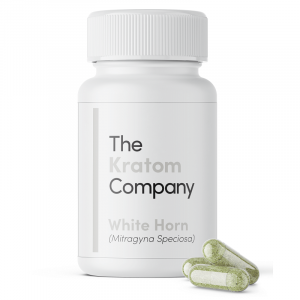 White Horn Kratom Capsules
Rated 4.88 out of 5From $24.00
White Horn Kratom Capsules
Rated 4.88 out of 5From $24.00
Follow Us
Strains
Blogs
NEWSLETTER
Sign up for our newsletter!

These statements and products presented on this website have not been evaluated by the Food and Drug Administration FDA. The products mentioned on this website are not intended to diagnose, prevent, treat or cure any diseases or health conditions. Therefore any information on this website is presented solely as the opinions of their respective authors who do not claim in any way shape or form to be medical professionals providing medical advice. The KRTM Company and its owners or employees cannot be held responsible for, and will not be liable for the inaccuracy or application of any information whatsoever herein provided. By purchasing our products you agree that you are aware and in compliance with your local county, state, or federal regulations. Must be 21 years or older to purchase Kratom. The US FDA has not approved kratom as a dietary supplement. We do not ship to the following states, cities and counties in the US where Kratom is banned: Alabama, Arkansas, Indiana, Rhode Island, Vermont, Wisconsin, Sarasota County, FL, Union County, MS, Denver, CO, San Diego, CA, and Jerseyville, IL.



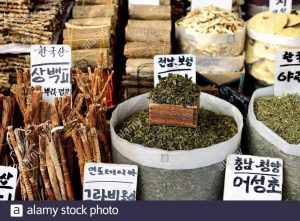


This Post Has 2 Comments
Pray for Indiana!! #AKA #TKC
Exciting stuff. Very confident this battle will be won if the community continues to work together!!